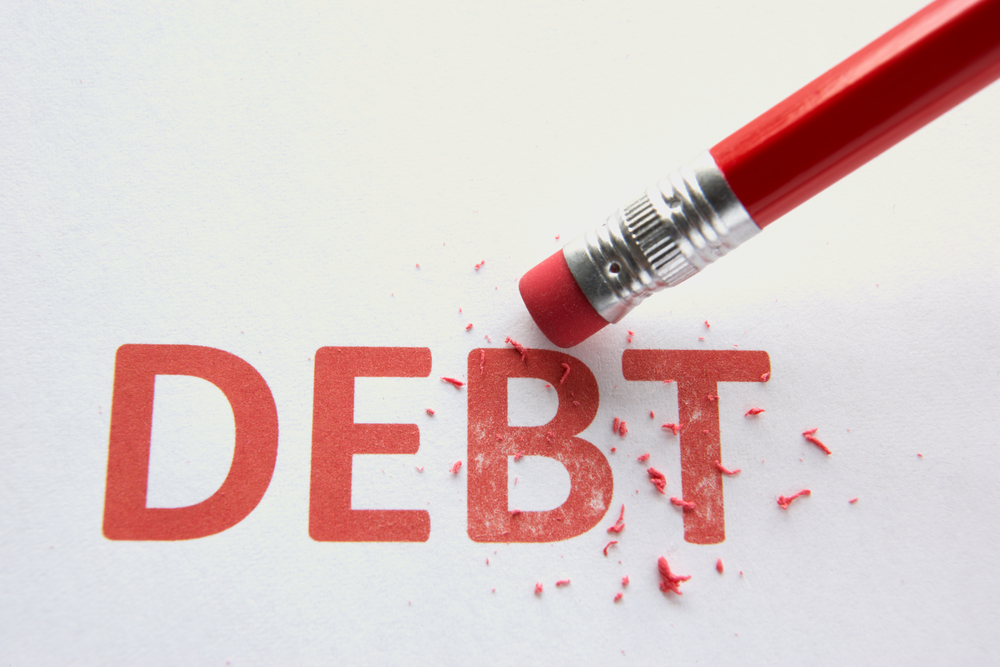Household Bills
Charity calls for Universal Credit to cover cost of essentials

The Money Advice Trust is calling for the Government to link the rate of Universal Credit to the cost of essential goods including food and utilities.
The charity has joined the Joseph Rowntree Foundation and more than 90 other charities, to call for an ‘essentials guarantee’ to link the rate of Universal Credit to the cost of everyday staples such as food and utilities.
Money Advice Trusts runs free debt advice helpline National Debtline and has carried out a survey of recent callers. It found that the number of people having problems paying ‘priority’ debts such as rent, energy and council tax is up 54% since 2018.
The debt helpline reported that a third of callers said they had to use credit to pay for essentials, while one in four were behind on essential costs due to rising prices.
The charity calculated the average level of priority debt now stands at £4,080, up from £2,642 in 2018.
The Money Advice Trust said the figures show the extent of the impact of the cost of living crisis on people seeking debt advice.
‘Deficit budgets’
National Debtline said two in five (41%) of its clients now have a ‘deficit budget’, where their income is not enough to cover essential living costs.
With consumer credit borrowing up 7.9%, and high inflation adding yet more pressure, the charity is warning of an increasing burden of debt for people on the lowest incomes.
One in five (18%) callers to National Debtline in 2022 said their income was too low for their basic needs – the most common reason for financial difficulty cited by callers.
Nearly one third (32%) of callers reported using credit in the past 12 months to cover essential costs such as energy or council tax. Nearly four in five callers (79%) were worried about being able to pay for essentials due to rising costs.
A worsening situation
The charity said the situation facing many people calling National Debtline has worsened significantly since 2021.
One in four (39%) callers last year said they have fallen behind or further behind on one or more household bill in the previous 12 months. The three most common bills that callers said they had fallen behind on were energy (up from 21% to 25% since 2021), council tax (up from 14% to 17% since 2021) and food and groceries (up from 13% to 15%).
Joanna Elson CBE, chief executive at the Money Advice Trust, said: “Our advisers at National Debtline hear on a daily basis the financial pressure that many people are under. Rising costs are continuing to put a relentless strain on household budgets – and a debt storm is brewing for those in the most vulnerable situations.
“The warning signs were there even before the current cost of living crisis – with the incomes of too many of the people we help already far from enough to cover essential bills. Cost of living pressures since mean that many people are left with few choices but to use credit to plug the gaps in their finances.”